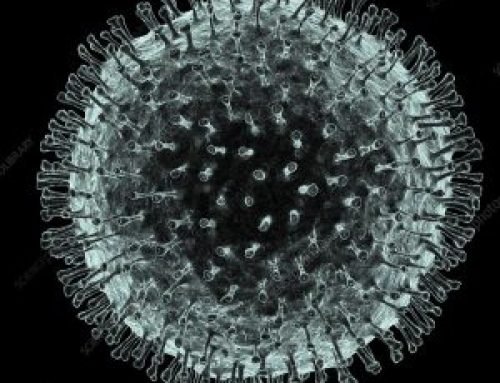On 22 August 2018, the National Institute for Communicable Diseases (NICD) received a report of Klebsiella pneumoniae infections in a hospital in Gauteng Province and was asked to investigate this by the Gauteng Provincial Department of Health.
Klebsiella pneumoniae is a bacterium that is known to cause different types of healthcare-associated infections, such as pneumonia, meningitis, sepsis, wound or surgical site infections. Due to their increasing resistance to a class of antibiotics known as carbapenems, some strains of Klebsiella bacteria can cause infections which can no longer be treated by carbepenems.
Persons who are at risk for infections with carbapenem-resistant organisms such as Klebsiella are those who have severe illness, surgical patients, patients who stay in hospital for prolonged periods, persons undergoing organ or stem cell transplantation, persons in intensive care and those who are on mechanical ventilation. Although less common, some persons can also acquire infection in the community. Healthy persons are usually not at risk for these infections.
An investigation is currently being coordinated by the NICD and Infection Prevention and Control (IPC) Directorate of Gauteng Provincial Department of Health. The aim of the ongoing investigation is to verify the number of persons affected and to conduct an IPC audit.
Further information on Klebsiella pneumoniae and carbapenem-resistant bacteria can be found on the NICD website at www.nicd.ac.za, Diseases A-Z, under ‘Carbapenam-resistant bacteria’.


